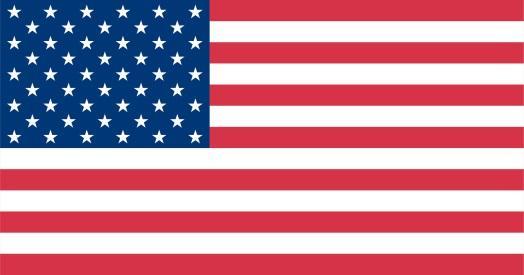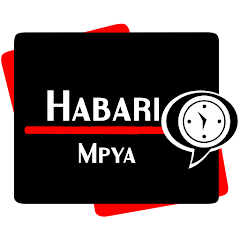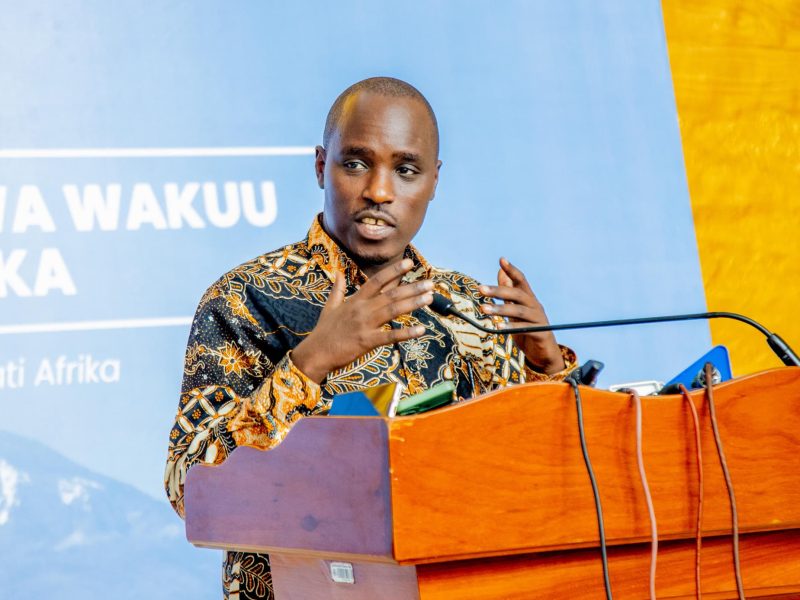By U.S. Ambassador to the United Republic
of Tanzania Michael A. Battle Sr.
May 2, 2024 – Since 1993, thanks to a UNESCO General Conference recommendation, World Press Freedom Day has been commemorated globally on May 3rd. This year, I am honoured to participate in the official commemoration in Dodoma alongside government officials, international partners, and civil society leaders. These events underscore the pivotal role of press freedom in fostering vibrant democracies by enabling citizens to make well-informed decisions and holding governments and their leaders accountable to the public.
In the United States, we cherish an informed citizenry as the bedrock of democracy, which is why freedom of speech and the press are safeguarded in the First Amendment of the U.S. Constitution.
My tenure as U.S. Ambassador to Tanzania has been profoundly enriched by engaging with journalists from all backgrounds. Citizen journalists, with their unique vantage points, can change the trajectory of a nation, and the professionalism of trained journalists remains important for accurately framing the national debate. Collectively, their work vividly illustrates how a free press combats ignorance—the foremost of the three adversaries identified by Mwalimu Julius Nyerere—and empowers society.
Yet, the power of information hinges on the quality of the underlying data. On this World Press Freedom Day, I want to highlight the excellent work of AidData, a data research lab based at the College of William & Mary in the United States. Today, AidData released a report
assessing the value of the U.S.-Tanzanian partnership for the Tanzanian people.
The United States collaborates extensively with Tanzania, supporting a range of initiatives, from health and capacity-building efforts to democratic governance. Yet, to really understand the value of that partnership, accessible data is necessary.
AidData’s mission to enhance the transparency of development finance is crucial. By providing journalists worldwide with accessible, detailed data on how and where assistance funds are allocated, AidData empowers the press and the public to effectively hold governments and international entities accountable. All citizens should have access to open data to assess the efficiency and impact of investment on local communities.
At a macro level, AidData’s reporting finds that the United States, through government agencies, organisations, and individuals, contributes an estimated $2.8 billion annually (TZS 7,140 Bn) to Tanzania’s development. We have also opened our doors to Tanzanians to live, work, and study in the United States. The Tanzanian diaspora contributes an additional $96.4 million to the Tanzanian economy annually through remittances from the United States. The United States, as the single largest donor to HIV/AIDS prevention and treatment over the last 20 years, has prevented the premature deaths of roughly 750,000 Tanzanians.
With access to open data, AidData has done the hard work of quantifying the impact of the U.S.-Tanzania partnership on all Tanzanians. This data tells a story, enabling the people of Tanzania to make informed choices about how best to engage with partner nations to achieve their national development goals. I hope everyone will take the time to read this report and assess how the U.S.-Tanzania partnership impacts their daily lives.
President Samia Suluhu Hassan said during Vice President Kamala Harris’s visit last year, “We have endeavoured to build a democratic state that upholds transparency and respect of the rule of law.” We support the President’s vision and will continue to work tirelessly with like-minded Tanzanians across government and civil society to make that vision a reality for all Tanzanians.
Today, I join Americans, Tanzanians, and people across the globe as we defend the freedom of the press and support informed citizenries. There is no freedom in a society without a free press, and we guard that sacred right today and every day.



